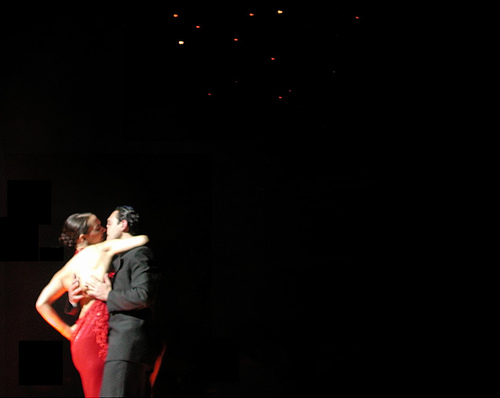Recent winners of the Foot in Mouth Award, presented each year by the British Plain English Campaign for “a baffling quote by a public figure”:
- 2005: Welsh politician Rhodri Morgan on the police: “The only thing which isn’t up for grabs is no change, and I think it’s fair to say it’s all to play for, except for no change.”
- 2004: M.P. Boris Johnson on the television program Have I Got News For You: “I could not fail to disagree with you less.”
- 2003: U.S. defense secretary Donald Rumsfeld at a news conference: “Reports that say that something hasn’t happened are always interesting to me, because as we know, there are known knowns; there are things we know we know. We also know there are known unknowns; that is to say, we know there are some things we do not know. But there are also unknown unknowns–the ones we don’t know we don’t know.”
- 2002: Actor Richard Gere: “I know who I am. No one else knows who I am. If I was a giraffe and somebody said I was a snake, I’d think, ‘No, actually I am a giraffe.'”
- 2001: English artist Tracey Emin: “When it comes to words, I have a uniqueness that I find almost impossible in terms of art–and it’s my words that actually make my art quite unique.”
- 2000: Alicia Silverstone, quoted in the Sunday Telegraph: “I think that [the film] Clueless was very deep. I think it was deep in the way that it was very light. I think lightness has to come from a very deep place if it’s true lightness.”



